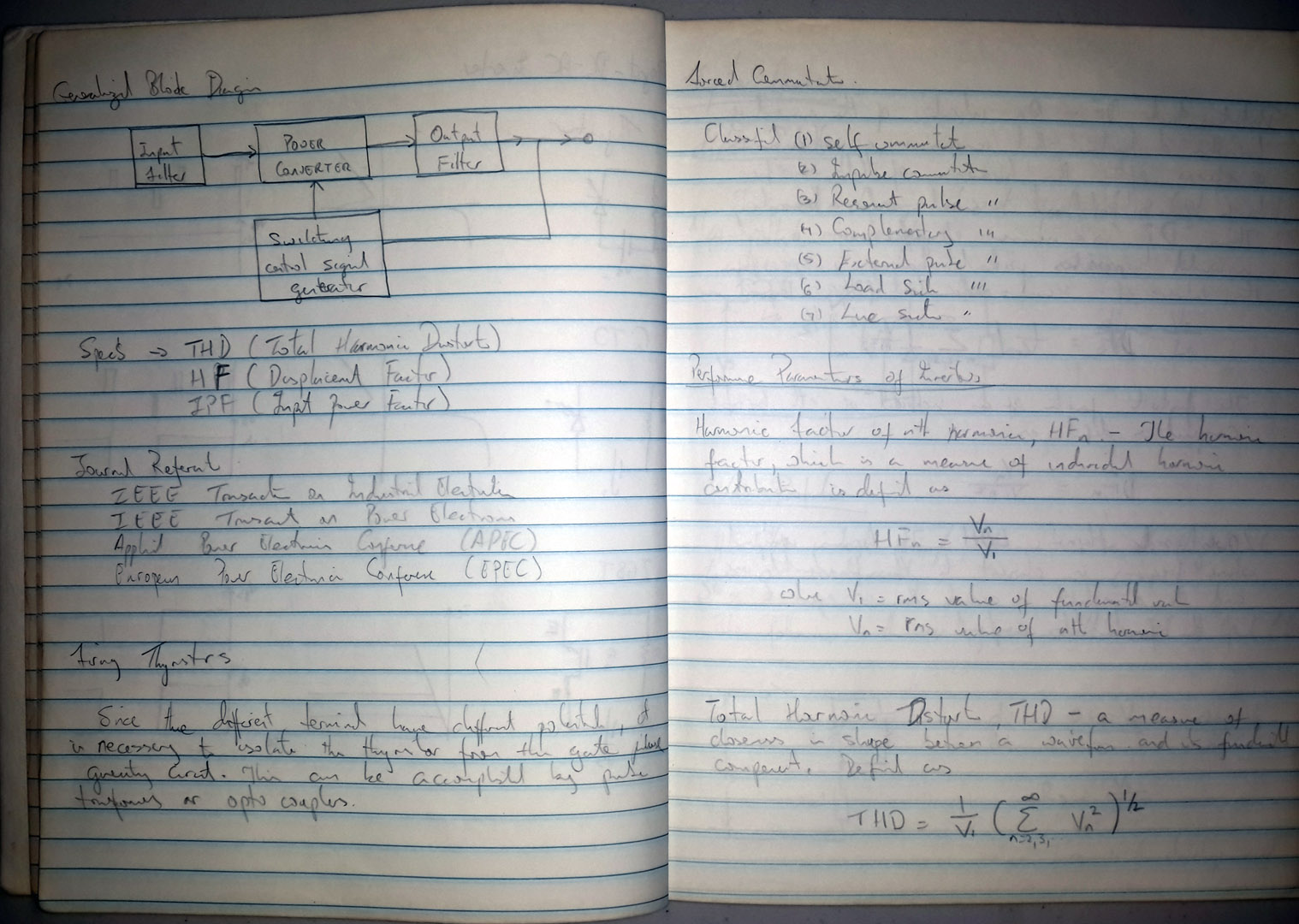
I came across my old notebook that I used for my final year undergraduate project in Electrical Engineering. Going through it I felt a sense of nostalgia as I remembered those days — all the days and nights spent in the labs, the camaraderie with fellow classmates and the excitement in the air as people got their projects working.
But what I remembered the most was… how much I crumbled under the stress during that project. The project was simple. I could have done well, but my quest for perfection got to me and eventually I was overwhelmed by the pressure of the many failures and coming deadlines.
Looking back at it now, I didn’t have to undertake all that stress. I should have realised then that I was never good at handling stressful situations, but somehow always believed that I thrive on them, mainly because I am able to pull through at seemingly the last minute. It appeared that I was motivated by the stress, thus I put myself in a lot of stressful situations – deadlines bearing down on me, overloading on work – but I never performed well with them. Instead I used the stressful situations as an excuse for the poor work handed in at the end.
Thinking of previous projects, my best work happens when there is little stress and adequate time allocated to getting the projects done, with all tasks and deliverables completed within a reasonable timeframe.
So why do I put myself under pressure?
One theory is that perfectionists (yup, that’s me) do this as a form of self-sabotage. This is a manifestation of the fear of success, otherwise known as the delayed fear of failure. Neil Fiore in his book, “The Now Habit“, has a good explanation using the metaphor of a pole vaulter. The pole vaulter, already fearful of a disappointing jump, musters all that he could to achieve the jump. When he tries and somehow amazingly does it, he looks back and there they are, raising the bar by another six inches.
The lesson is simple: if I do well here, then more work will come with greater difficulty, along with a greater chance of failure.
I still suffer from this fear. I try certain things like breaking down the projects in little tasks so that there are many “successes”, and using the Pomodoro Technique (which I highly recommend). These have helped somewhat, but there’s still more that could be done, if I could only make a habit of using them.
The thing is that looking back now at my project notes, I’m impressed by what I see. I did a lot of research and thinking, and came up with a unique, although not very good, solution. But I still felt like a failure then, because it was a poor solution. I didn’t think that experimentation and learning something about the experiment as a success, but that I also needed to have a working solution for it to be one.

Perhaps it was seeing everyone around me getting their projects working, and mine blowing MOSFETs left, right and centre that really got to me. But at the end, I feared failing, and crumbled. So instead of using the results and dissecting it to give a far more thoughtful conclusion, I turned in a poorly put together project.
I passed the project, but I could have done better had I realised how much successes I had with the projects, even from understanding what didn’t work. I should take that lesson with me now.
All that I have done, and continue to do, I’ve done with great diligence. I’ve done it with the best of my ability, and with that I should be proud.
So what if I can’t handle stressful situations? It means that I should strive for a low pressure environment, and I would be assured that I will provide my best work. I hope that others will learn that too.